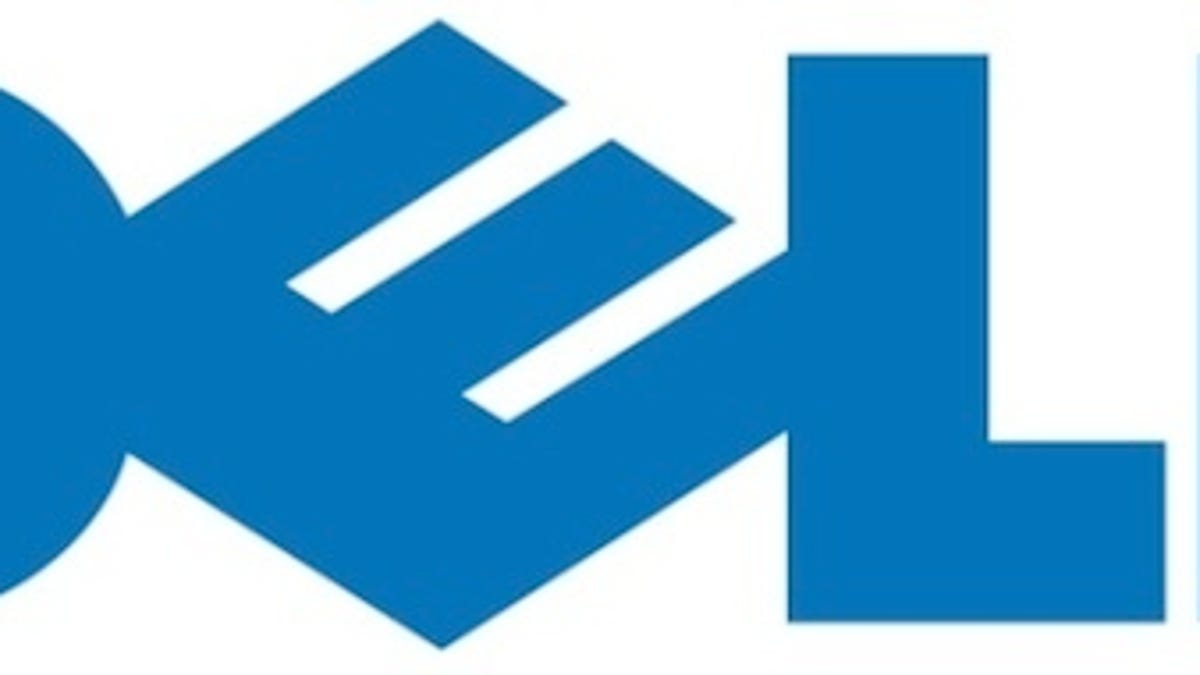Dell cites uncertain prospects for PCs, Windows 8 in SEC filing
Dell is revealing a decidedly pessimistic view of its future in an SEC filing stating its reasons for going private.

Dell painted a somewhat bleak depiction of its prospects in a recent SEC filing.
In a 274-page filing on Friday, the PC maker indicated market and product challenges on several fronts. In the filing, Dell makes a case for accepting a $24.4 billion offer to go private so it can be in a better position to deal with the myriad challenges facing the company.
Those included "the deteriorating outlook for the PC market as a result of, among other things, smartphones and tablets cannibalizing PC sales," according to the filing.
The SEC filing also cited "the uncertain adoption of the Windows 8 operating system" at several meetings, including one in December 2012.
Brian Gladden, the chief financial officer, noted "adverse developments, coupled with generally weakening demand in the global PC market and lower PC margin rates" at a meeting in September 2012.
The filing also cites a presentation made by Michael Dell in December of 2012 to the Board "in which he expressed his conviction that a going private transaction was the best course for the Company and its unaffiliated stockholders."
Among the reasons were:
Investing in the PC and tablet business. Mr. Dell stated his belief that such initiatives, if undertaken as a public company, would be poorly received by the stock market because they would reduce near-term profitability, raise operating expenses and capital expenditures, and involve significant risk. Mr. Dell stated his view that a going private transaction was in the best interests of the Company's unaffiliated stockholders because...they would receive a portion of the potential upside from these initiatives in the form of a premium for their shares without bearing the risk and uncertainties related to executing such initiatives.
[Via The Wall Street Journal and Neowin ]

